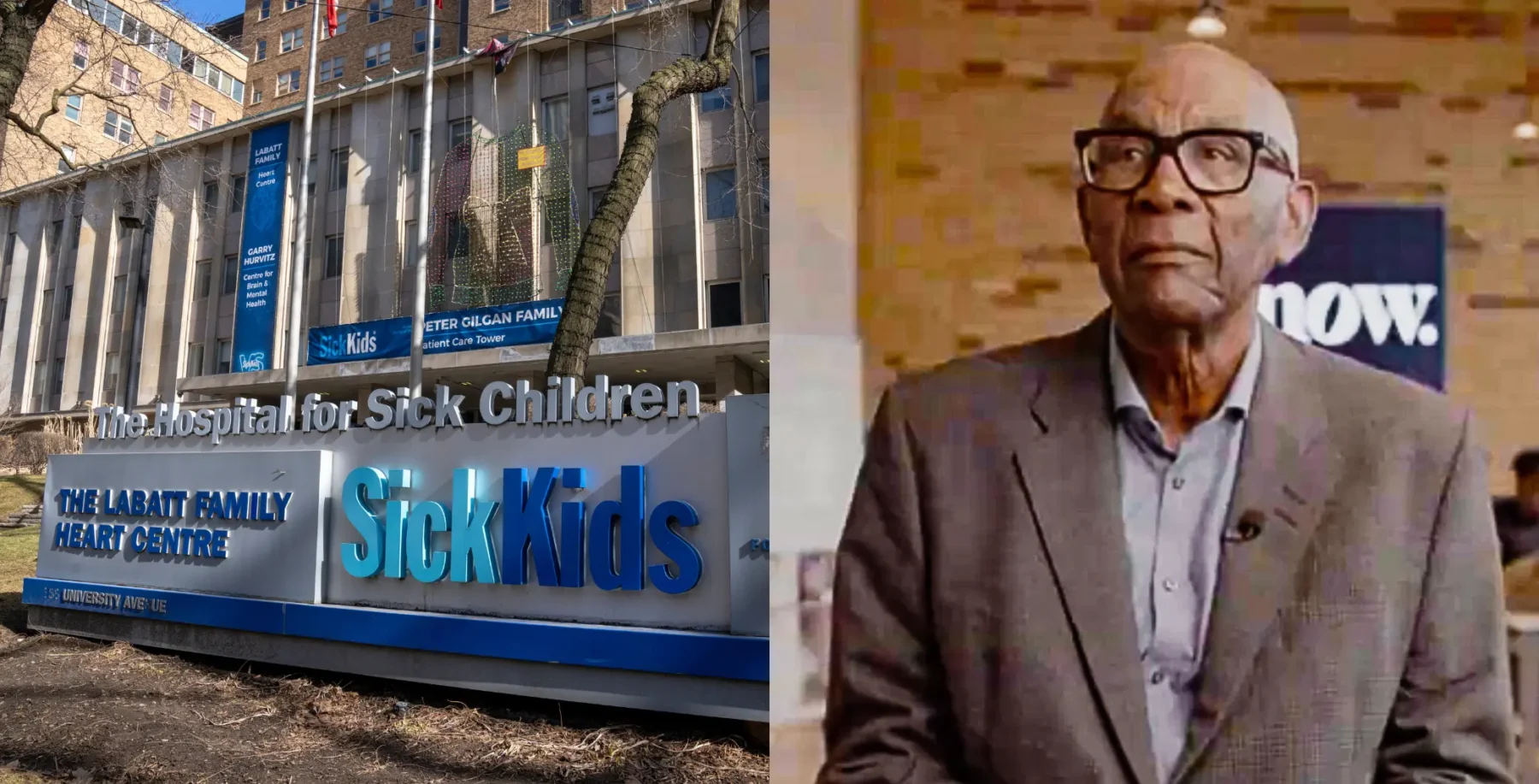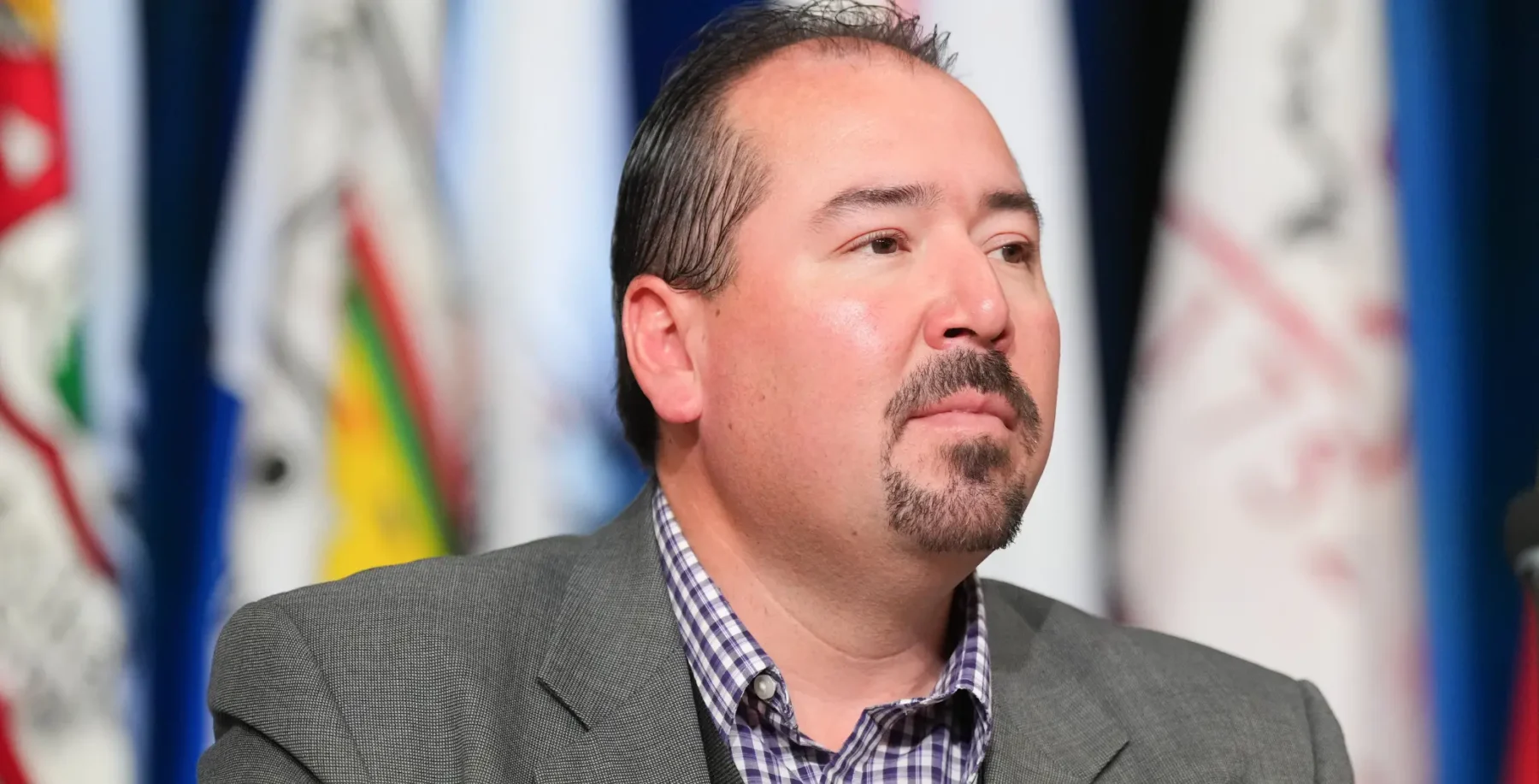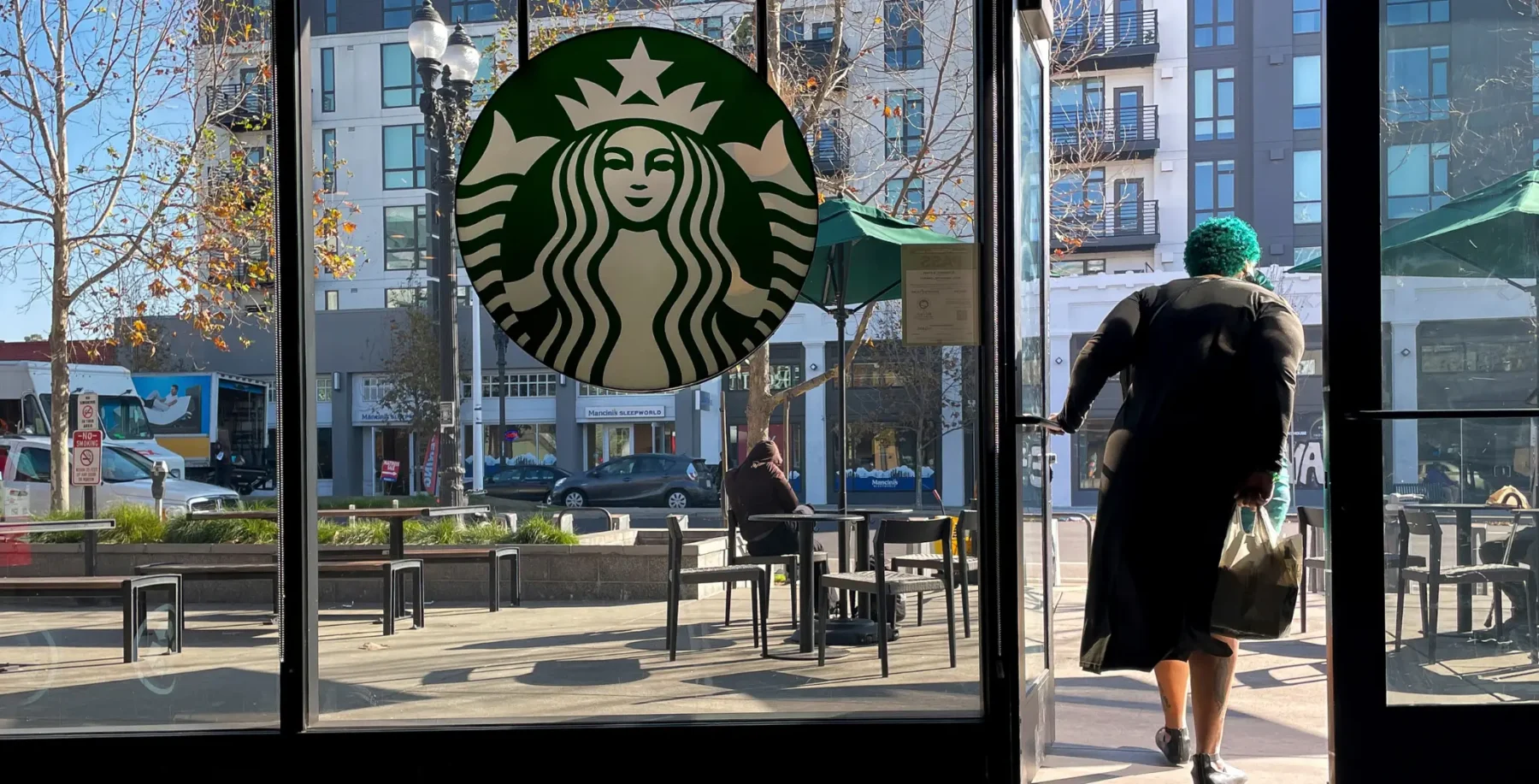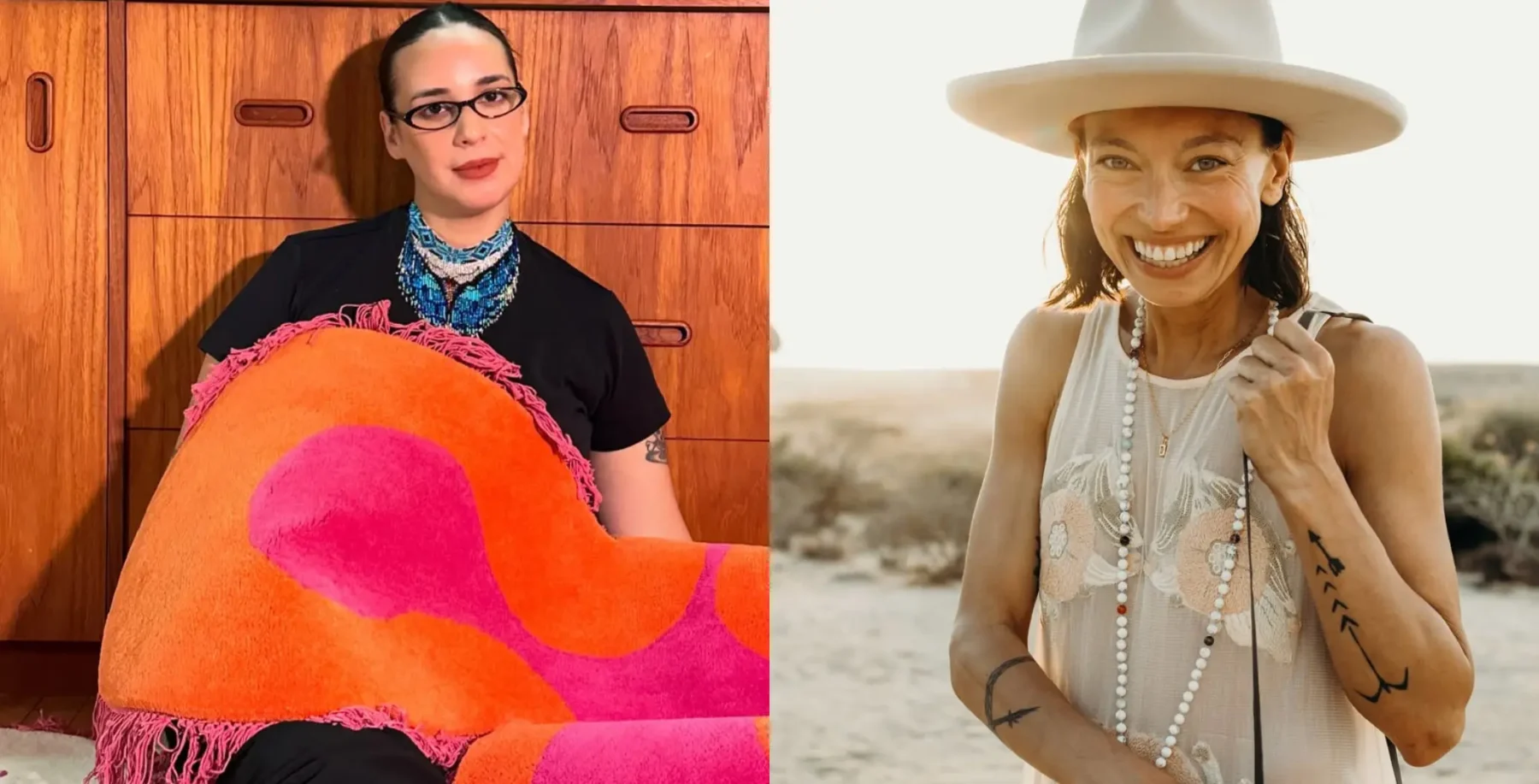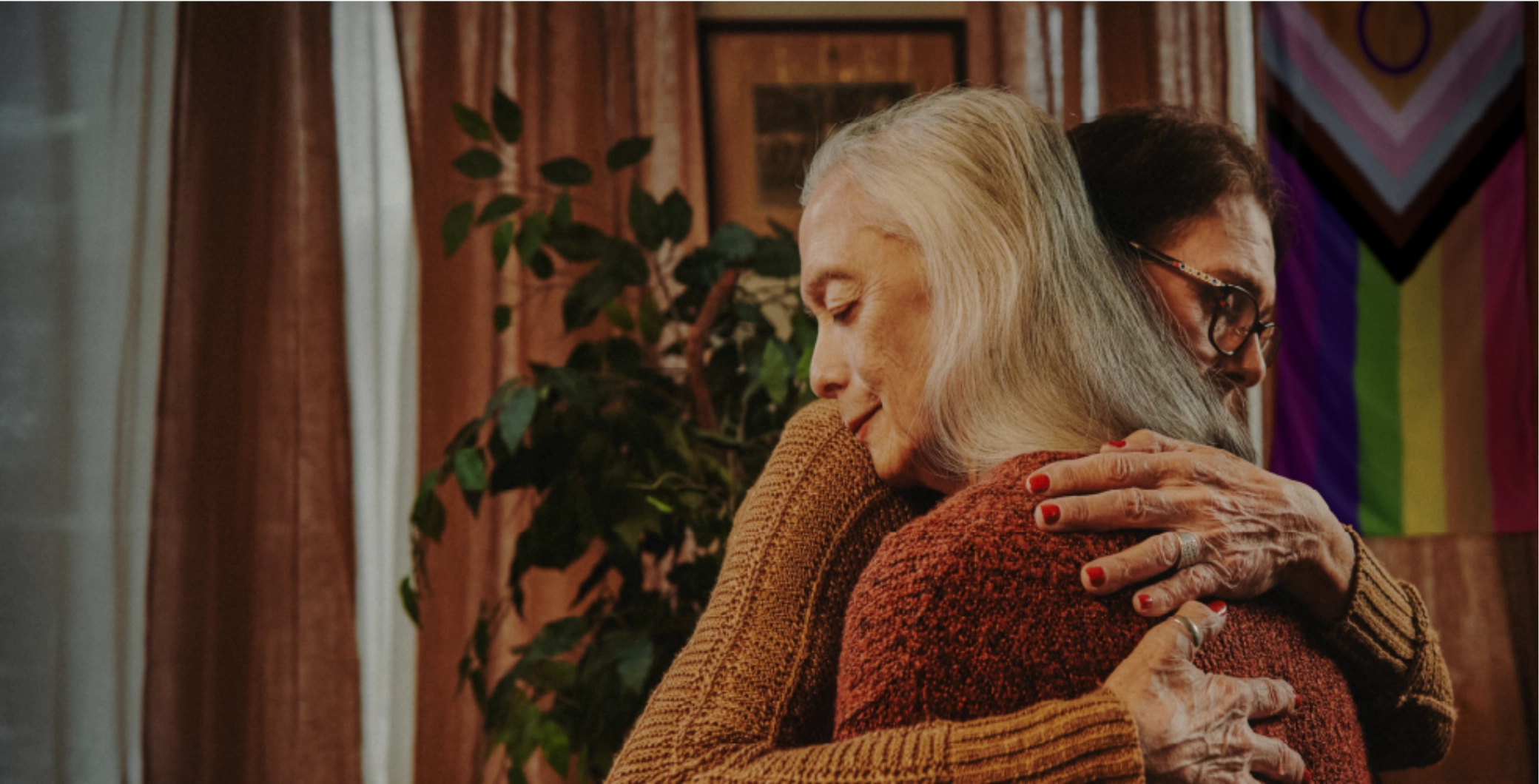
A new campaign from Egale Canada, the country’s leading 2SLGBTQ+ organization, is highlighting the devastating impact that cultural trauma experienced by 2SLGBTQ+ elders has on their later years.
The campaign, titled Help Us Remain, is heart-wrenching, bringing this columnist to tears more than once.
“We know that more than seven per cent of 2GLGBTQI people in Canada over are over the age of 65 and this generation has historically experienced cultural trauma, discrimination and oppression throughout every decade of their life,” Helen Kennedy, executive director of Egale Canada, told Queer & Now in an interview.
“We know from studies in the U.S., for example, that our communities are at two to three times higher risk of dementia, due in part to cultural trauma and the brain’s response to cultural trauma,” Kennedy continued, explaining that this issue is not being discussed by researchers in Canada, despite having a massive impact on members of our communities.
“If you’re in your 70s, you’ve experienced state-sponsored homophobia in the form of it being illegal to be queer, for example, through the 1960s and into the 70s,” Kennedy explained. “Every decade of your life, you’ve had to fight basically, for your existence because of your identity.”
Kennedy explained that the oppression and ongoing discrimination faced by queer people, coupled with the stigma and social stereotypes of what it means to be queer is something that stays with people and has a major impact on how they live their lives.
“So that cultural piece is a very significant part of a cognitive impairment, which brings on the risk of dementia,” Kennedy continued.
“Every decade of your life you face some form of discrimination, and we see it in today’s narrative, especially the anti-trans, the alt-right targeting members of our trans communities, for example,” she continued, adding that after experiencing that again and you, you constantly see potentially one step forward and three steps back, you’re always in fear of losing your rights.”
Kennedy explained that all of this is likely to negatively impact someone’s health.
“And it contributes, we know from research in the U.S., to cognitive impairment and dementia,” she confirmed.
HELP US REMAIN: 2SLGBTQ+ COMMUNITIES AND DEMENTIA
The Gallery of Memories, hosted at The 519 community centre in The Village, features ten portraits of queer Canadians in their youth. A mixture of documentary and portrait photography, each piece is accompanied by a QR code that visitors can scan with their cellphones and listen to the unique story of the person in the photograph and their experiences with dementia.

Each piece tells a personal story that provides a unique perspective on the unique intersections between queer identity, the love of caregivers, aging, and dementia. Told by either the portrait subject or their primary unpaid caregiver (often their partner) the stories harken listeners back to a time when the many rights that modern queer communities enjoy were not guaranteed.
Also spread throughout the gallery, stark reminders of the tragic experiences of queer communities.
“When we lose our memories, our communities lose their history,” reads one sign.
“Losing our memories means losing the identities we fought for,” another reads.
“Getting a safe place when we’re older isn’t guaranteed.”
“We need people to help us advocate for safe spaces, so we can age without fear.”


The gallery is located in The 519’s Rainbow Ballroom and is open to the public on January 26 and 27. If you can’t make it down, the stories are available online.
The campaign also features a short film that follows the story of Ann, a trans woman who is battling early-onset dementia while trying to hold onto her identity The piece follows flashes of her life, and her partner’s work advocating for the gender-affirming care Ann needs, but can no no longer advocate for on her own.
“I hope people can see themselves in our hero character Ann, and see that everyone has a journey in their life to turn into the person they want or need to be,” said Chris Walker, a senior art director on the film.
“There are always gaps in the care, support and equity that people in our community are given, and I think it’s just a matter of finding those gaps and trying to fill them.”
If for some reason our history as queer people was ever forgotten, this campaign is a stark reminder of the persecution and oppression faced by our 2SLGBTQ+ ancestors. From state persecution to the AIDS crisis and beyond, this community has experienced decade after decade of hardship, and the effects are devastating.
RESEARCH INTO 2SLGBTQ+ COMMUNITIES’ EXPERIENCES WITH DEMENTIA
The Alzheimer’s Society of Canada refers to dementia as an umbrella term for a set of symptoms caused by disorders affecting the brain. Alzheimer’s disease is the most common form of dementia.
As of 2019, statistics show that more than 419,000 Canadians 65 and older are living with dementia, and the Public Health Agency of Canada estimates that at least 78,600 adults will be diagnosed with dementia every year. This is likely an underrepresentation, as it does not include those experiencing early onset dementia, or those who have not been diagnosed.
Egale’s Help Us Remain campaign is based on findings from research published by Egale and the National Institute on Aging (NIA) in 2022, titled Enhancing Support for 2SLGBTQI People Living with Dementia and Their Primary Unpaid Caregivers. The report outlined shocking findings about the 2SLGBTQ+ community’s experiences with dementia.
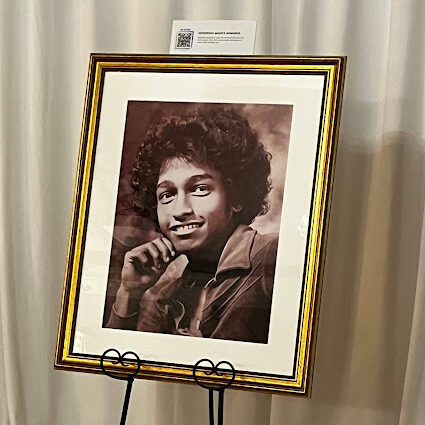
“Despite advances in rights and freedoms for 2SLGBTQI individuals living in Canada, stigma and discrimination persist, and life experiences and past histories continue to be relevant within 2SLGBTQI older adults’ expectations for the care they will receive as they age,” the report reads.
The report also outlines significant barriers to accessing care faced by queer elders. These include concerns about discrimination, like being refused care due to their sexuality or gender identity, being misgendered, not receiving affirming care, and a lack of recognition of their significant others.
The study took a deep dive into the lives of unpaid caregivers for queer people living with dementia. Think husbands, wives, partners, children, and friends. Unsurprisingly, for a group of people who have historically relied on community, the report found community support is key for queer adults living with dementia.
“Many 2SLGBTQI older adults have fostered creative practices to access desired care and continue to create vibrant lives and forge meaningful connections above and beyond health and care-related concerns,” the report reads. “Many 2SLGBTQI older adults have well-established chosen families who, in some cases, are also providing care and support in aging and old age.”
The report outlines that dementia and dementia-related care are complex social issues interconnected with the problems of health equity, healthcare access, ageism and ableism and other social dynamics and oppression. Queer communities with dementia also face additional layer issues, including homophobia and transphobia.
Recommendations for providing better care for queer people living with dementia outlined in the report include:
- Building 2SLGBTQ+ inclusive dementia-related services and community spaces
- Increasing recognition and support for primary unpaid carers of 2SLGBTQ+ people living with dementia
- Enhancing supports for 2SLGBTQ+ communities and carers through structural and systems-level change
- Broadening perspectives and deepen community engagement for future critical research
“The discrimination that members of the 2SLGBTQIA community face within the healthcare system, when it comes to their identities, this has to change, we have to do and we have to be better and do more work at addressing training and acceptance within the healthcare profession more broadly,” Kennedy told Queer & Now.
“I want people to walk away thinking more about the impacts of that cultural discrimination, and the social discrimination that many marginalized folks feel within society and the damage that it can do to people throughout our lives, but obviously, later in life when you’re impacted with something like dementia.”
The bottom line? Queer elders matter. Queer communities matter. Our dignity, identity, and care always have, and always will matter.



